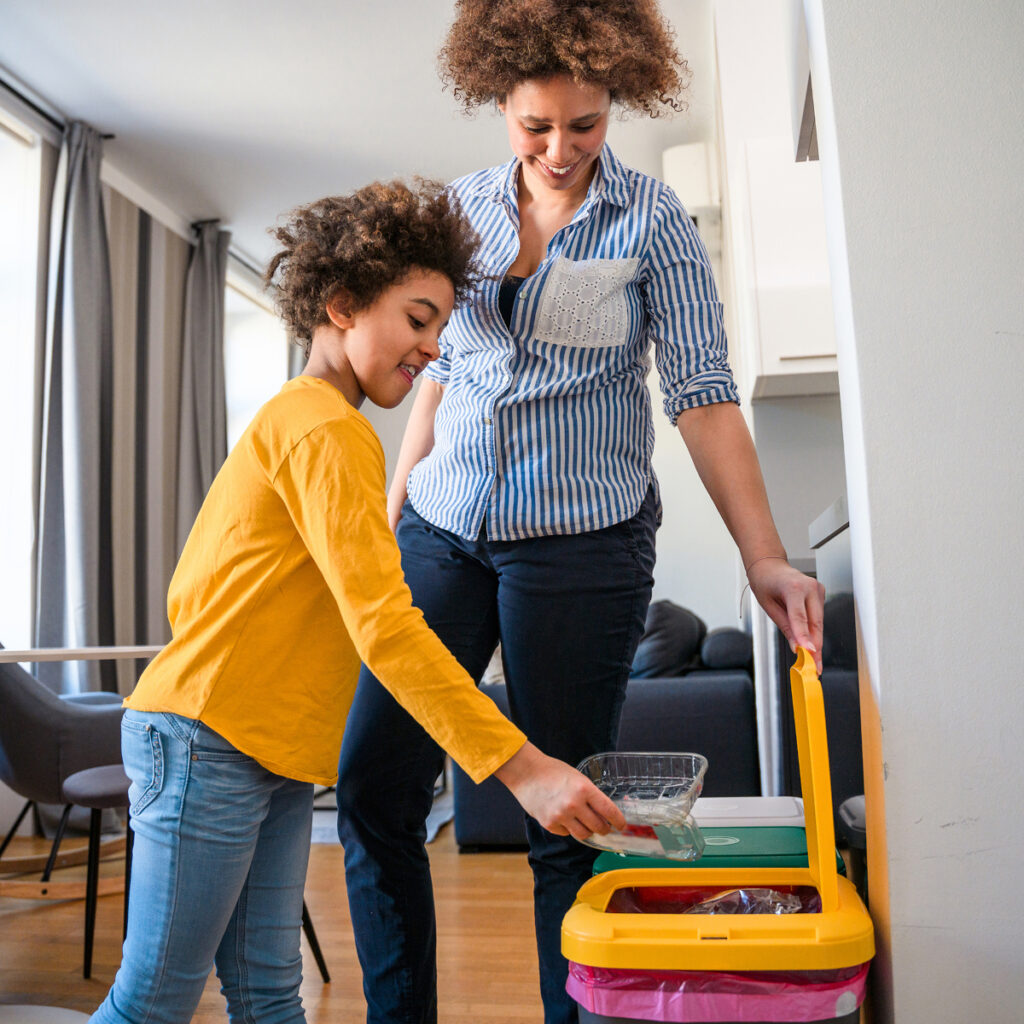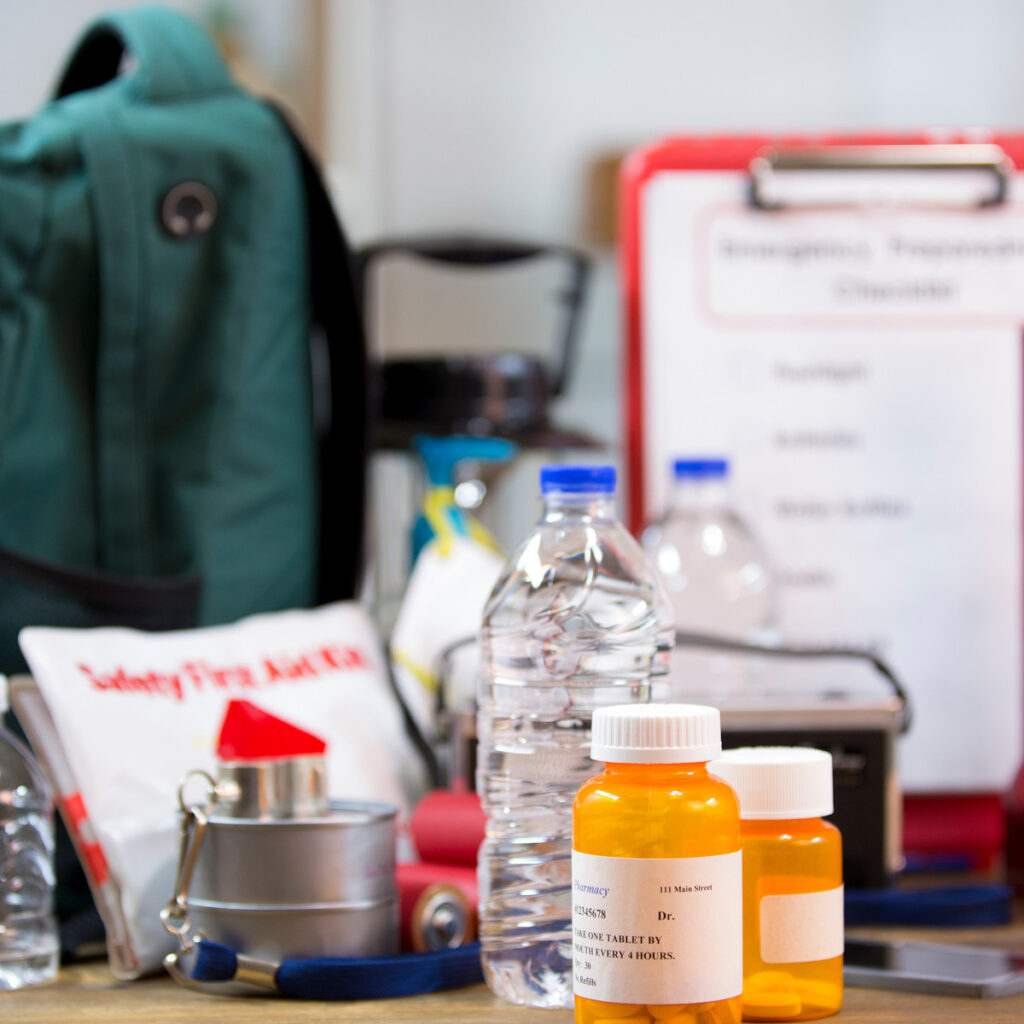
Help us create something great
As a Sparrow resident, you have an important role in helping us build a sustainable, healthy community. We encourage participation in programs that conserve energy, water, and waste, and that contribute to improved well-being and resilience.
By following these guidelines, you could lower your monthly utility bills, improve your emergency preparedness, and even live a healthier life!
Energy efficiency
Did you know?
Sparrow is proud to equip our homes with LED and CFL bulbs that use 75% less energy and last 8x longer than incandescents1.
- Switch to LED light bulbs.
- Turn off lights in unoccupied rooms.
- Utilize natural daylight.
- Dust light fixtures to optimize light emissions.
Did you know?
The average American household could save $165 on their electricity bill each year by unplugging idle devices1. Even when idle, devices use energy, accounting for 23% of total home energy use and costing Americans $19 billion a year1.
-
Plug your chargers into a power strip, smart power strip, or outlet timer.
- Turn off power strips when not in use.
- Unplug items with passive plug loads i.e. cell phone chargers, video game consoles, coffee makers, printers, television sets.
Did you know?
Sparrow makes it easy to keep tabs on your energy use with SmartHome technology. Adjusting your thermostat by 3℉ could save you money and about 1050 pounds of CO2e per year, the equivalent of driving for 21 hours1.
-
Adjust your thermostat to reduce heating and cooling while you are away or sleeping. For more thermostat best practices: Thermostats | Department of Energy
- Close windows when the heating or air conditioning is on.
- Avoid placing furniture where it may block vents.
- Place a draft stopper under exterior doors.
- Raise blinds on cool days and lower them on hot days to reduce the heating/cooling load on HVAC systems.
Did you know?
Washing your clothes on hot uses 10x the energy as cold1.
- Wash clothes in cold water.
- Reduce the time you leave your freezer, refrigerator, and oven doors open.
- Turn off the dishwasher drying function and leave the door open to air-dry dishes instead.

Water efficiency
Did you know? A drip every 2 seconds equals over 1,000 gallons of water down the drain each year1. Please report all water leaks, dripping fixtures, and running toilets immediately to Sparrow. Fixing household water leaks could save you up to 10% on your water bill1.
Did you know?
The average American family uses 300 gallons of water each day1? Sparrow installs low-flow plumbing fixtures to make water conservation that much easier!
- Adjust your washer’s load setting to match the cycle size.
- Defrost food in the refrigerator instead of running it under hot water.
- Wash your fruits and vegetables in a pot of water instead of washing them with running water from the tap.
- Use leftover water from cooking/boiling to water houseplants.
- Aim to take shorter showers.
- Turn off running water while brushing teeth and when otherwise not actively using the water.
Did you know?
Dishwashers use ½ the energy and ⅓ of the water as hand-washing dishes1.
- If using a dishwasher, only run the dishwasher when at full capacity and select the short cycle option. Also, do not pre-rinse dishes to excess.
- If hand-washing dishes, adjust water flow down to the extent possible.

Waste management
Did you know?
1 garbage truck of clothing (2,625 kg) is burned or landfilled every second1?
- Purchase reusable products instead of single-use items. For example, BPA-free reusable water bottles, glass/plastic storage containers, cloth napkins and dishtowels, and reusable shopping, sandwich, and produce bags.
- Request no plastic ware when ordering takeout.
- Utilize online bill pay instead of receiving paper bills.
- Default to double-sided printing on home printer.
-
Cancel unwanted catalogs by creating an account with catalogchoice.org.
Did you know?
Recycling practices vary by jurisdiction.
Reach out to your waste management provider for guidance on local recycling and composting best practices. One of the most impactful actions residents can take in a neighborhood or HOA is to break down and place cardboard boxes in the recycling, not in the trash. Bonus points for those who reuse boxes received to package outgoing deliveries. Below are some additional recycling resources. The website earth911.com provides information on how to recycle, where to recycle, and what to do with non-recyclables and hazardous waste.
Waste Management, a leading waste management provider, has consolidated a list of Mixed Curbside Residential Recycling Myths and has Three Basic Rules when it comes to recycling:
- Recycle bottles, cans, paper, and cardboard.
- Keep food and liquid out of your recycling.
- No loose plastic bags and no bagged recyclables.
Did you know?
-
Plastic bags, wraps, film, or flexible packaging cannot be recycled in curbside bins but can be dropped off at a local retail store to recycle3. Find a drop-off location near you, and remember not to bag your recyclables.
-
Your to-go coffee or soda cup is likely not recyclable, but the lid and coffee sleeve probably are.
-
Glass recycling practices vary by jurisdiction. Some communities collect glass at drop-off locations only, some collect glass separately at the curb or with other containers, and many include glass with all other recyclables2. Bottle bill laws in CA, CT, OR, IA, MI, ME, VT, MA, NY allow for the return of a per-bottle deposit when bottles are returned to return centers or retailers for recycling2.
-
Food and beverage cartons are made of multiple materials and are not acceptable for curbside recycling2.
-
Recycle old electronics like batteries, televisions, phones, computers, and appliances. You can often receive cash compensation for certain electronics like phones and computers. Find e-waste and recycling facilities here.
-
Most recycling programs accept empty and dry aerosol cans without the caps but if the cans are not empty, they can be dangerous2.
Did you know?
2/3rds of the food tossed out at home could have been eaten if it had been stored properly3.
- Do not pour used cooking oil down the sink as it can back it up, and cause problems throughout the sanitary sewer system. To dispose of grease: allow the oil to completely cool, place it in a sealable container or bag, and discard in the trash.
-
Visit this link for tips on how to best maintain different types of food and save money on grocery bills.

Resilience
Take note of the following for your specific residence:
- Two quickest points of evacuation
- Location of nearest fire extinguisher
- Natural disaster shelter or response location
With sufficient warning, prepare your residence for storms by bringing in or securing your outdoor furniture.
Prepare for natural disasters and severe weather based on your location and guidance provided by the CDC
Create a disaster supplies kit. To assemble your kit, store items in airtight plastic bags and put your entire disaster supplies kit in one or two easy-to-carry containers such as plastic bins or a duffel bag. Some basic emergency supplies include6:
-
Water (one gallon per person per day for several days, for drinking and sanitation)
-
Food (at least a three-day supply of non-perishable food)
- Battery-powered or hand crank radio and a NOAA Weather Radio with tone alert
- Flashlight
- First aid kit
- Extra batteries
- Whistle (to signal for help)
- Dust mask (to help filter contaminated air)
- Plastic sheeting and duct tape (to shelter in place)
- Moist towelettes, garbage bags and plastic ties (for personal sanitation)
- Manual can opener (for food)
- Local maps
- Cell phone with chargers and a backup battery
For more information visit: https://www.ready.gov/kit

Health and wellness
- Run your bathroom ventilation fan to prevent mold during and after showers, to ventilate toilet plume, and to filter the air generally.
- Run kitchen ventilation and utilize operable windows to improve ventilation when cooking.
-
Eliminate use of candles, aerosol sprays, and other household products that emit volatile organic compounds (VOCs).
-
A lot of detergents and cleaning materials include harmful petrochemicals. Consider buying biodegradable detergents and green cleaning supplies. To determine if cleaning supplies are “green” utilize the EPA Safer Choice search tool and EPA Identifying Greener Cleaning Products site.
-
Cancel unwanted catalogs by creating an account with catalogchoice.org.
-
Consider purchasing a water filter pitcher instead of plastic water bottles. For more information, see the CDC site on Choosing Home Water Filters & Other Water Treatment Systems.
-
Stay hydrated – recommended daily fluid intake is 15.5 cups a day for men and 11.5 cups a day for women4.

References
The tips on this page were selected from the resources listed below. For more detailed information, click the link.
- 1 Your Plan, Your Planet – Google, the California Academy of Sciences, and the Ellen MacArthur Foundation
- Thermostats | Department of Energy
- Catalog Choice
- Earth911 – More Ideas, Less Waste
- 2 Waste Management Recycling Myths
- Waste Management Recycling Right
- 3 How2Recycle
- EPA Electronics Donation and Recycling
- Ellen MacArthur Foundation: What is a circular economy?
- EPA Reducing and Reusing Basics
- EPA What are volatile organic compounds (VOCs)?
- EPA Search Products that Meet the Safer Choice Standard
- Identifying Greener Cleaning Products
- Choosing Home Water Filters & Other Water Treatment Systems
- 4 Water: How much should you drink every day? – Mayo Clinic
- Dietary Guidelines for Americans
- 5 Lighting and circadian rhythm
- Forbes 5 Easy-To-Grow Houseplants That Improve Indoor Air Quality
- CDC Natural Disasters and Severe Weather
- 6 Build A Disaster Supplies Kit
LEGAL DISCLAIMER:
This Guide is not intended as a prescription or mandate regarding residents’ participation in the referenced initiatives. Additionally, it is not intended to diminish or alter, in any way, residents’ rights and obligations under any lease, or otherwise impose obligations on any party under state or federal law, including but not limited to any local ordinances, as well as any state or federal statutes, regulations or common law. Sparrow makes no representations regarding the accuracy of any third-party materials.